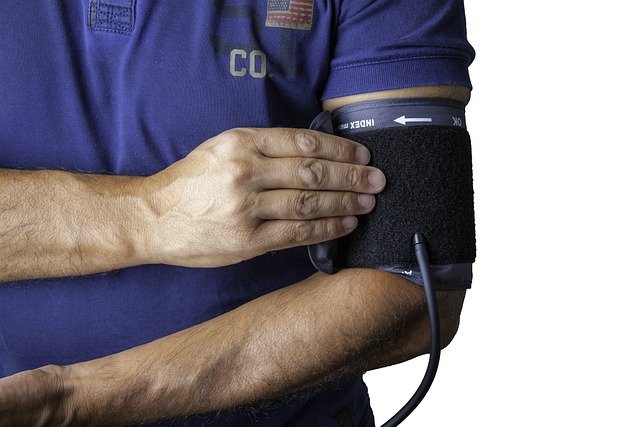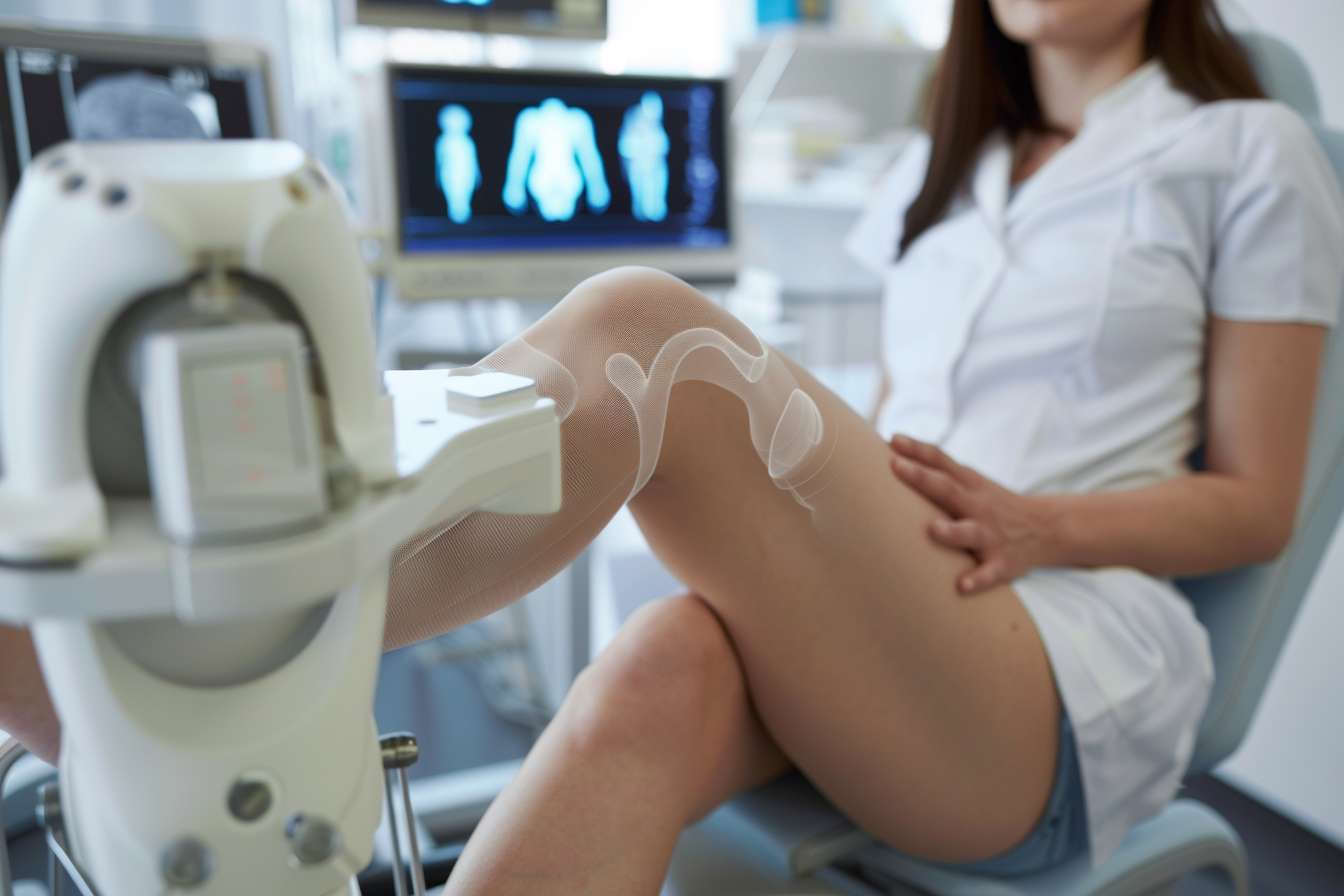Fertility Donation: Your Comprehensive Guide
Explore the world of fertility donation and discover how you can make a profound impact on others' lives. This guide covers essential aspects including eligibility requirements, medical evaluations, clinic procedures, financial compensation, and crucial legal considerations. Gain valuable insights to make an informed choice about becoming an egg or sperm donor.

Navigating the Path to Fertility Donation
Fertility donation is a noble act that can profoundly impact the lives of individuals and couples struggling with infertility. This comprehensive guide will walk you through the key aspects of becoming an egg or sperm donor, helping you make an informed decision about this life-changing opportunity.
Eligibility Criteria for Fertility Donors
Fertility clinics maintain strict standards to ensure the safety and well-being of both donors and recipients. Here’s what you need to know about qualifying as a donor:
Age Requirements
- Egg donors: Typically between 21 and 32 years old
- Sperm donors: Generally accepted from 18 to 39 years of age
Health and Lifestyle Factors
- Good physical and mental health
- No history of genetic disorders or hereditary diseases
- Healthy Body Mass Index (BMI)
- Non-smoker status
- Willingness to undergo comprehensive medical and psychological evaluations
The Comprehensive Screening Process
Becoming a fertility donor involves a thorough vetting process to ensure the highest standards of health and safety. Here’s what you can expect:
-
Initial Application: Complete a detailed questionnaire about your medical history, lifestyle, and personal background.
- Medical Examinations:
- Blood tests
- Genetic screening
- Infectious disease testing
- For egg donors: Additional ultrasounds and hormone level assessments
- Psychological Evaluation: Ensure mental preparedness and emotional stability for the donation process.
Egg Donation: A Step-by-Step Overview
The egg donation process is more involved than sperm donation and typically spans 3-4 weeks:
-
Hormone Stimulation: Begin a regimen of hormone injections to promote multiple egg production.
-
Monitoring: Undergo regular blood tests and ultrasounds to track egg development.
-
Egg Retrieval: A minor surgical procedure performed under sedation to collect mature eggs.
-
Recovery: Attend a follow-up appointment to ensure proper healing and well-being.
Sperm Donation: A Simpler Process
Sperm donation is generally less complex and time-consuming:
-
Regular Visits: Donors typically provide samples once or twice a week at a donation clinic.
-
Quick Procedure: The donation process itself takes only a few minutes.
-
Preparation: Abstain from ejaculation for 2-3 days before each donation to optimize sperm quality.
-
Long-term Commitment: Unlike egg donation, sperm donors can often make multiple donations over an extended period.
Legal and Ethical Considerations
Before embarking on your fertility donation journey, it’s crucial to understand the legal and ethical implications:
-
Parental Rights: Donors typically sign legally binding agreements relinquishing all parental rights to any resulting children.
-
Anonymity Options: Some programs offer anonymity, while others allow for potential future contact with donor-conceived individuals.
-
Emotional Impact: Consider the psychological effects of knowing you may have biological children you’ll never meet.
-
Unintended Consequences: Be aware of potential scenarios, such as half-siblings unknowingly encountering each other later in life.
Compensation for Fertility Donors
While the primary motivation for donation should be altruistic, donors are compensated for their time, effort, and potential discomfort:
Egg Donation
- Average compensation: $5,000 - $10,000 per cycle
- Factors affecting payment: Education level, overall health, previous donation success
Sperm Donation
- Typical compensation: $50 - $200 per donation
- Variables: Donation frequency, sperm quality, donor characteristics
It’s important to note that compensation rates may vary over time and between clinics. Always conduct thorough research before making any financial decisions.
Making Your Decision
Becoming a fertility donor is a significant commitment that requires careful consideration. By understanding the process, requirements, and implications, you can make an informed choice about participating in this generous act. Remember, your decision has the potential to bring immeasurable joy to individuals and couples yearning to start or expand their families.
If you’re considering becoming a fertility donor, consult with reputable clinics or agencies to discuss your options and address any questions or concerns you may have. Your contribution could be the missing piece in someone else’s journey to parenthood.




